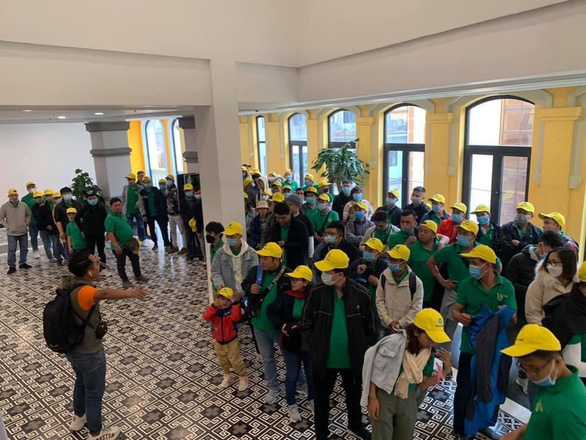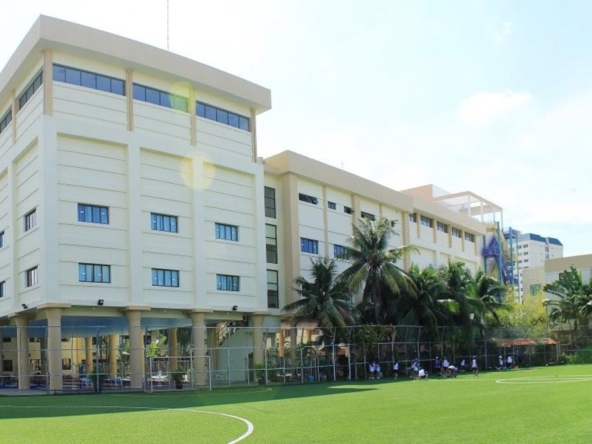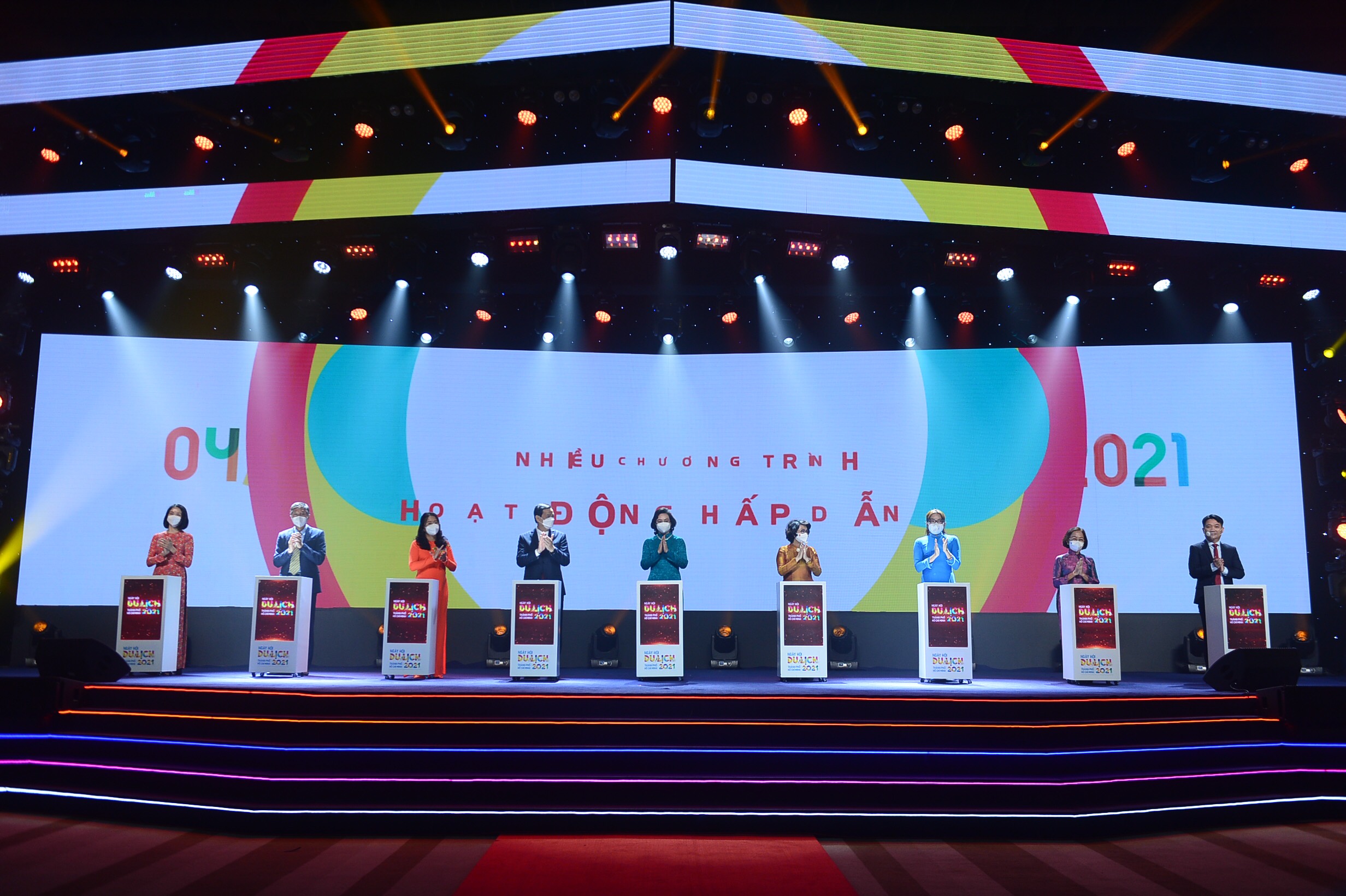Citizens in Malaysia, Thailand, and Vietnam showed a weaker economic recovery sentiment

Citizens in Malaysia, Thailand, and Vietnam showed a weaker economic recovery sentiment compared to other regional countries after the resurgence of COVID-19 in the past few months, according to a study by market research giant Ipsos Group.
The report ‘Living through Pandemic: COVID-19 Impact on Southeast Asia Economy and Consumer Spending,’ which was published on March 16, suggests that citizens in Southeast Asia continue to battle the concern on national economies even after a year of living with COVID-19.
Ipsos conducted surveys between February 4 and 15 of 3,000 participants in six Southeast Asian countries, including Singapore, Malaysia, Thailand, Vietnam, the Philippines, and Indonesia.
It is suggested from the survey results that efficient rollouts of vaccination can build economic optimism and facilitate better recovery from COVID-19, as in the case of Singapore.
When asked about the roadmap of vaccination against COVID-19, 62 percent of the Vietnamese polled believes that a majority (i.e. more than 50 percent) of the country will have been vaccinated within 2021, which is above the Southeast Asian average and only stands behind Indonesian and Singaporean optimism.
“Indonesia and Vietnam carry a general positive future outlook, while Singapore is recovering strongly,” Ipsos Thailand director Viraj Juthani said.
“Recent resurgences and lockdowns have pushed Malaysian and Thailand sentiments ‘back to red’.”
Participants from Southeast Asia, including Vietnam, showed an average decline in spending intent for home cooking and cleaning products when COVID-19 restrictions end, for instance, and an improvement for clothing, travel, and cultural activities.
Most notably, 20 percent of the participants expressed their wish to spend more on traveling when the pandemic-induced border closure is loosened, an increase from the previous wave of research conducted from September 18 to 22, 2020.
Meanwhile, 67 percent stated that they are now less confident in making big purchases such as homes or cars after the COVID-19 hit.
“A decline in the infection rate and effective vaccination plans from governments play a key role in building back economic confidence and consumer spending, as seen in Singapore,” said Suresh Ramalingam, CEO of Ipsos Southeast Asia.
“Businesses operating in the Philippines, Indonesia, and Vietnam need to capitalize on the positive country outlook.”
As the rollout of COVID-19 jabs brings the global response to the pandemic to a cusp, Rajit Sukumaran, managing director at the Southeast Asia and South Korea branch of InterContinental Hotels Group, points to his company’s plan to increase the number of hotels in Vietnam as part of a global strategy that has been consolidated by Vietnam’s recovery from the COVID-19 pandemic.
“We’re hugely appreciative of the government’s handling of the pandemic,” he said.
“All of our hotels in Vietnam continue to welcome guests through their doors, and we are seeing leisure and business domestic bookings continue.
“History tells us travel will return and that people will return to their normal habits, and Vietnam has shown us that there’s a route to the other side and lots to be optimistic about.”







